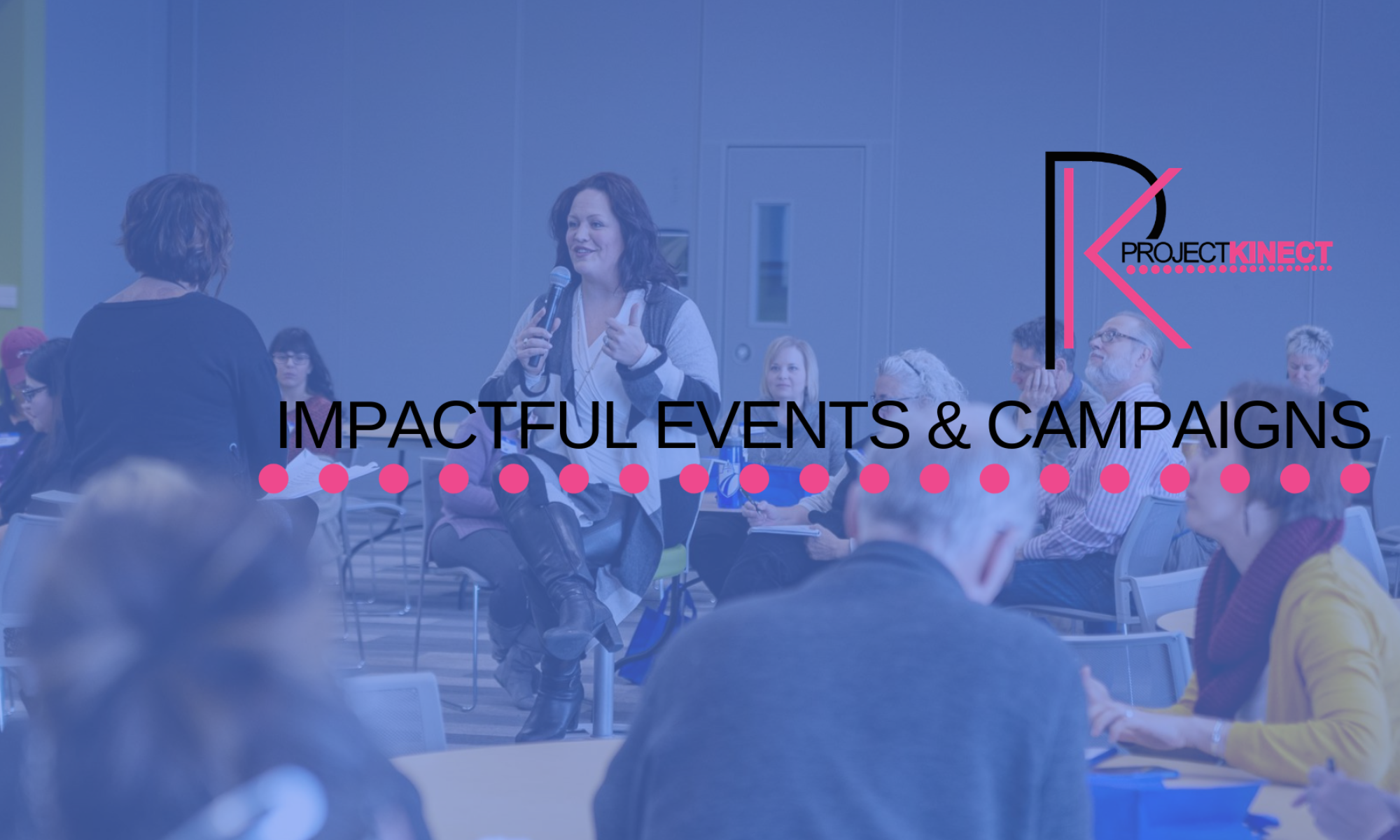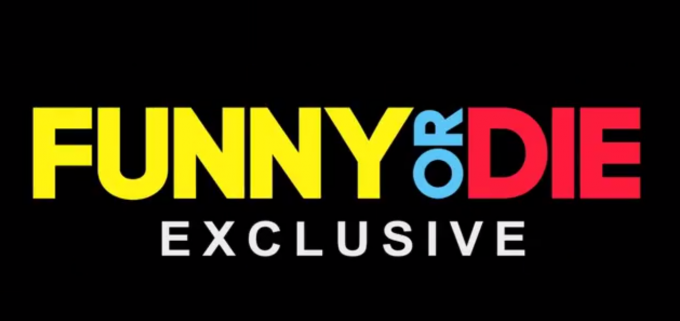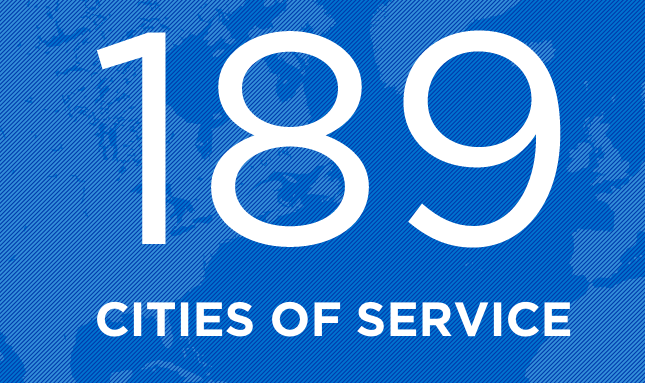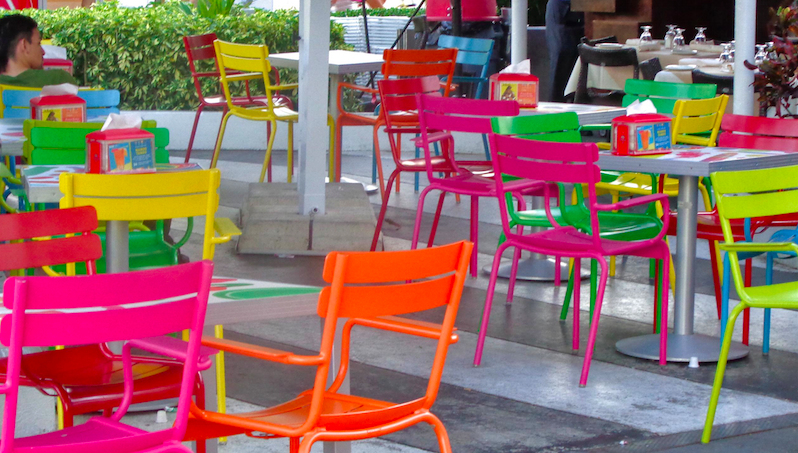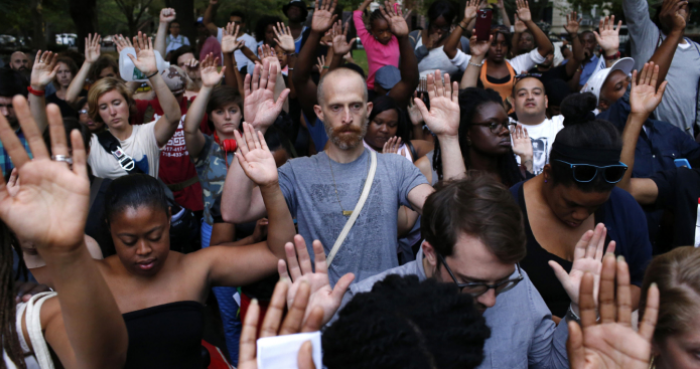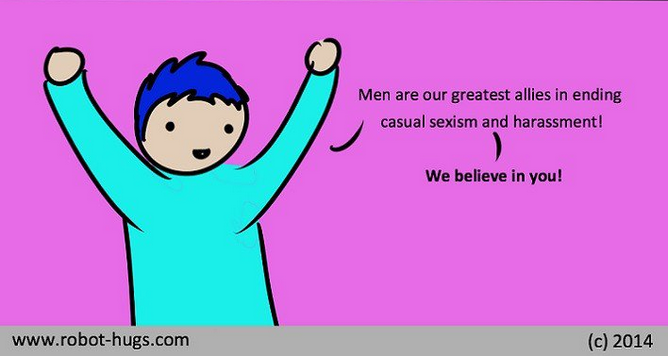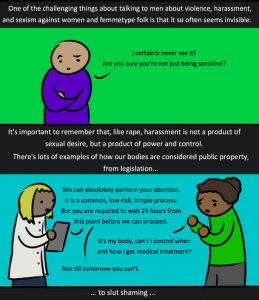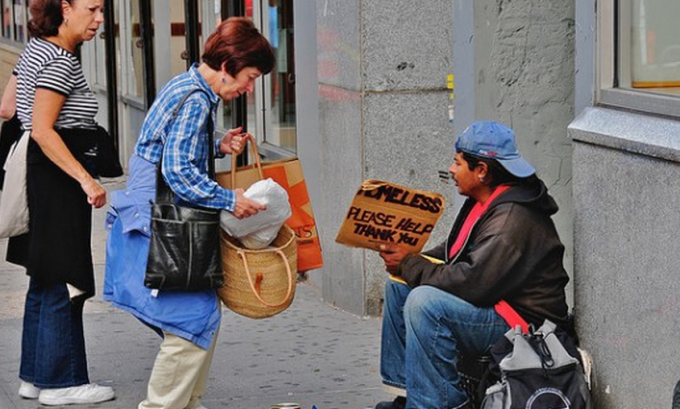As we all know by now, Michael Brown, an unarmed black teenage boy, was gunned down by the police while walking to his grandmother’s house in the middle of the afternoon. For the past few days my Facebook newsfeed has been full of stories about the incidents unfolding in Ferguson, Missouri.
But then I realized something.
For the first couple of days, almost all of the status updates expressing anger and grief about yet another extrajudicial killing of an unarmed black boy, the news articles about the militarized police altercations with community members and the horrifying pictures of his dead body on the city concrete were posted by people of color. Outpourings of rage and demands for justice were voiced by black people, Latinos, Asian Americans, Arab American Muslims. But posts by white people were few at first and those that I saw were posted mostly by my white activist or academic friends who are committed to putting themselves on the frontlines of any conversation about racial or economic injustice in America. And almost nothing, silence practically, by the majority of my nonactivist, nonacademic white friends—those same people who gleefully jumped on the bandwagon to dump buckets of ice over their heads to raise money for ALS and those same people who immediately wrote heartfelt messages about reaching out to loved ones suffering from depression following the suicide of the extraordinary Robin Williams, may he rest in peace. But an unarmed black teenager minding his own business walking down the street in broad daylight gets harassed and murdered by a white police officer and those same people seem to have nothing urgent to say about pervasive, systemic, deadly racism in America?
They have nothing to say?
Why? The simplest explanation is because Facebook is, well, Facebook. It’s not the New York Times or a town hall meeting or the current events class at your high school. It’s the internet playground for sharing cat videos, cheeky status updates about the joys and tribulations of living with toddlers, and humble bragging about your fabulous European vacation. Some people don’t think Facebook is the forum for serious conversations. Okay, that’s fine if you fall into that category and your wall is nothing but rainbows and happy talk about how much you love your life.
However, I think the explanation is more complex and mirrors the silence of many people that I witness in real life. A lot of white people aren’t speaking out publicly against the killing of Michael Brown because they don’t see a space for themselves to engage meaningfully in the conversation so that they can move to action against racism. It’s not so much that they have nothing to say but rather they don’t see an opportunity being opened up for them to say something or to do something that matters. Or they might not be sure what to say or how to do it. They might have a hard time seeing a role for themselves in the fight against racism because they aren’t racist, they don’t feel that racism affects them or their loved ones personally, they worry that talking about race and differences between cultures might make things worse, or they think they rarely see overt racism at play in their everyday lives. And, sometimes, they are afraid. There’s a real fear of saying the wrong thing even if the intention is pure, of being alienated socially and economically from other white people for standing in solidarity with black people, or of putting one’s self in harm’s way, whether the harm be physical or psychological. I’m not saying those aren’t valid fears but I am challenging white people to consider carefully whether failing to speak out or act because of those fears is justified when white silence and inaction mean the oppression and death of black people.
Let’s talk about an active role for white people in the fight against racism because racism burdens all of us and is destroying our communities. And, quite frankly, because white people have a role in undoing racism because white people created and, for the most part, currently maintain (whether they want to or not) the racist system that benefits white people to the detriment of people of color. My white friends who’ve spoken out harshly against the murder of Michael Brown end with a similar refrain: What can I do that will matter in the fight against racism?
White people who are sick and tired of racism should work hard to become white allies.
In the aftermath of the murder of Michael Brown, may he rest in power, here are some ways for white people to become white allies who are engaged thoughtfully and critically in examining the situation in Ferguson and standing on the side of justice and equity. This list is a good place to start your fight to dismantle racial inequity and shine a light on the oppressive structures that lead to yet another extrajudicial killing of a black pers
1. Learn about the racialized history of Ferguson and how it reflects the racialized history of America.
Michael Brown’s murder is not a social anomaly or statistical outlier. It is the direct product of deadly tensions born from decades of housing discrimination, white flight, intergenerational poverty and racial profiling. The militarized police response to peaceful assembly by the people mirrors what happened in the 1960s during the Civil Rights Movement.
2. Reject the “he was a good kid” narrative and lift up the “black lives matter” narrative.
Michael Brown was a good kid, by accounts of those who knew him during his short life. But that’s not why his death is tragic. His death isn’t tragic because he was a sweet kid on his way to college next week. His death is tragic because he was a human being and his life mattered. The Good Kid narrative might provoke some sympathy but what it really does is support the lie that as a rule black people, black men in particular, have a norm of violence or criminal behavior. The Good Kid narrative says that this kid didn’t deserve to die because his goodness was the exception to the rule. This is wrong. This kid didn’t deserve to die because he was a human being and black lives matter.
